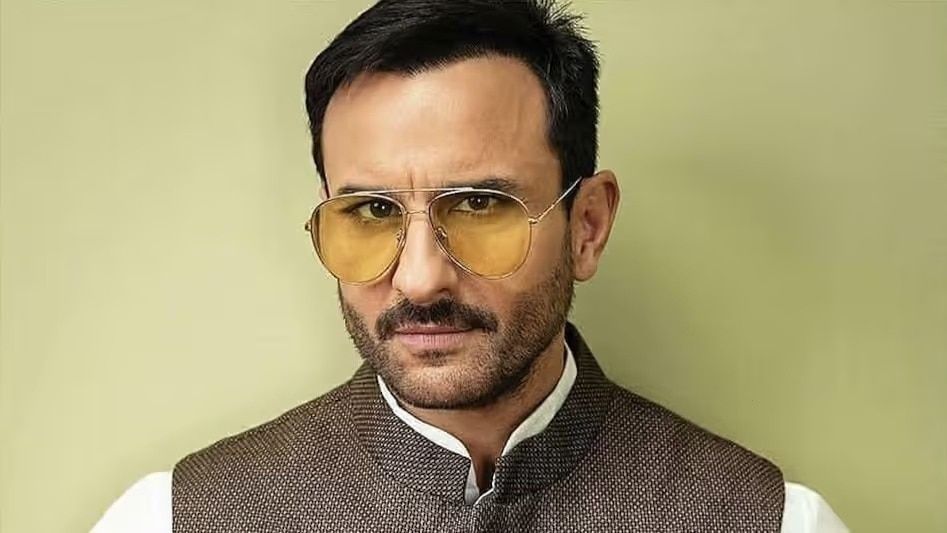EXORBITANT MEDICAL BILLS SPARK DEBATE ON INDIAN HEALTHCARE SYSTEM

MUMBAI, INDIA - A recent medical bill of ₹35.95 lakh for actor Saif Ali Khan's treatment at Lilavati Hospital has reignited debates on the exorbitant healthcare costs and insurance policies in India.
The Bollywood star was hospitalized after a knife attack at his residence, leaving him with multiple stab wounds. Despite his insurance provider sanctioning ₹25 lakh for cashless treatment, the remaining claim of ₹10.95 lakh awaits final billing.
Mumbai-based cardiac surgeon Prashant Mishra has questioned the billing practices of premium hospitals like Lilavati. "Why such exorbitant charges for a stab injury requiring 5-7 days of hospitalization? Most hospitals have fixed package systems," he tweeted. According to Dr. Mishra, the hospital appeared to operate on an open billing system, leading to inflated costs.
Dr. Mishra pointed out that open billing systems allow costs to vary significantly based on services rendered. While this provides flexibility, it often leads to unpredictability in medical expenses. On the other hand, fixed package systems, common in many hospitals, offer standardized charges and greater transparency but may not account for complex cases.
The high bill has sparked concerns about the impact on insurance premiums. "These exorbitant charges directly affect the middle class, as rising payouts by insurance companies result in increased premiums for the general population," Dr. Mishra noted.
A report revealed stark inequalities between smaller hospitals and premium institutions like Lilavati. For similar treatment at smaller hospitals, insurance approvals rarely exceed ₹5 lakh, highlighting how premium hospitals can negotiate higher claims while the middle class faces stricter caps, further exacerbating financial stress.
Dr. Mishra advocates for a standardized package system across hospitals to curb inflated costs and make healthcare more accessible. While bundled payments can improve transparency and cost predictability, challenges like standardizing fees for complex cases and gaining provider buy-in remain obstacles.
The controversy over exorbitant medical bills in India highlights the need for a review of the current healthcare system to ensure that it is inclusive and affordable for all citizens.
